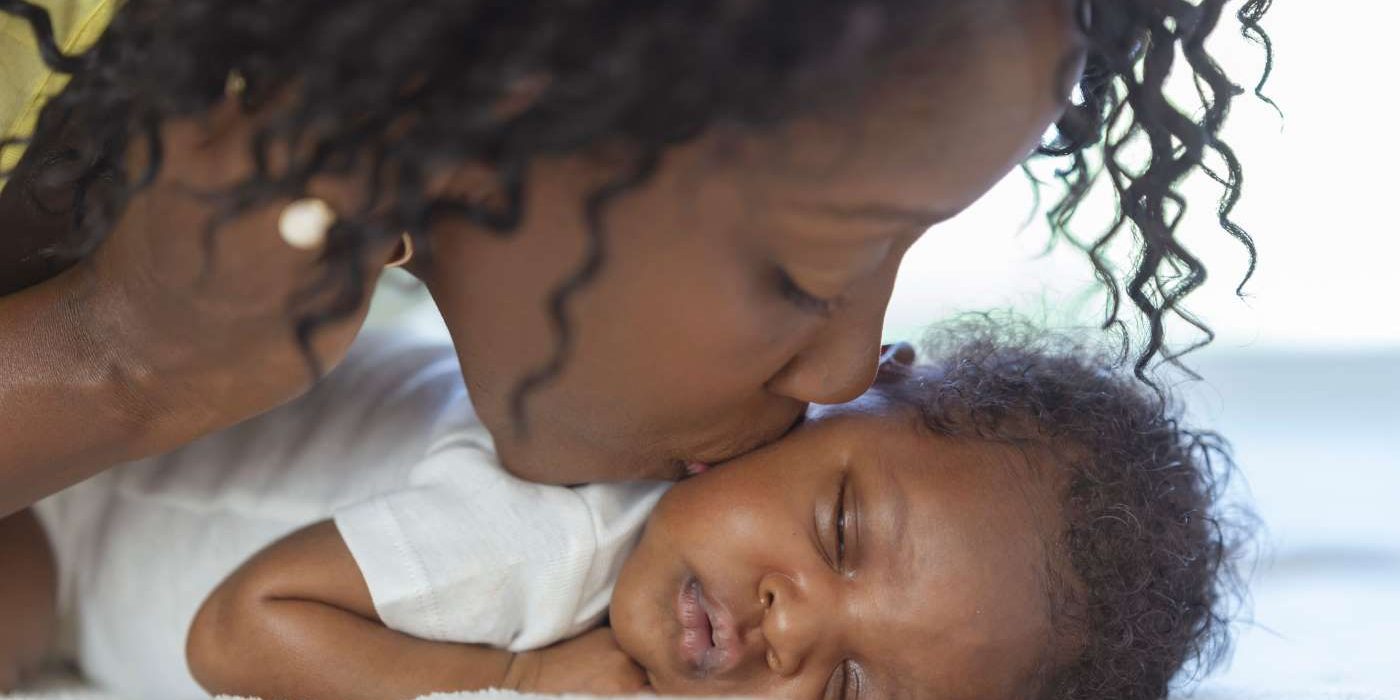When to See a Reproductive Endocrinologist
Growing up, we’re often taught how to prevent a pregnancy but we’re not always educated on exactly how conception works. There is also some confusion on when you may want to seek out the advice of a fertility doctor, also known as a reproductive endocrinologist. While for some it can take time to conceive, there are certain circumstances where scheduling an appointment for reproductive health check-up may provide a much needed answer as to why you’re not pregnant yet. In this blog, we’ll provide you with the basics of trying to conceive, when to see a reproductive endocrinologist and what that visit will entail.
First, let’s explain exactly what is a reproductive endocrinologist (RE). If you’re a woman, you’ve seen an obstetrician-gynecologist (OB/GYN), which specializes in female reproductive health as well as both pregnancy, and childbirth and can oversee annual exams and preventive screening for issues like cervical cancer.
However, an RE is a fertility specialist who has received a board certification by the American Board of Obstetrics and Gynecology in both Obstetrics and Gynecology, and Reproductive Endocrinology and Infertility. The have a thorough understanding of both male and female reproductive organs, can diagnose fertility concerns, recommend a treatment protocol and are able to educate you on all of the latest fertility technology such as in vitro fertilization (IVF), genetic testing and/or surgery like laparoscopy.
Some recommendations on when you should consider making an appointment to see a reproductive endocrinologist are the following:
- If you’re a woman under 35 years old and have been trying to conceive for over a year.
- If you’re a woman over 35 years old who has been regularly trying to conceive for more than six months.
- Women who have a history of pregnancy loss regardless if the pregnancy was conceived naturally or through previous fertility treatment.
- Are female and are 40 or older
- Are concerned that you may not be ovulating or can’t pinpoint when you’re ovulating
- If you have needed medical treatment for tubal damage or endometriosis
- If you are a woman who has had missed periods or experience irregular periods
- You have been diagnosed with Polycystic Ovarian Syndrome (PCOS)
- You have had a history of pelvic infection, such as pelvic inflammatory disease (PID) pelvic pain
- You are a man who has a known male factor fertility concern
- You are in a same-sex relationship
To learn what happens at a fertility consultation with Wilcox Fertility, please visit our “Fertility Consultation” page. In general, we want to make you feel comfortable and provide you with every option so we can work with you collaboratively in what is the best course of action for your family building goals!
There’s never any harm in asking for help when it comes to learning more about your reproductive health or your options for family planning using ART (Assisted Reproductive Techniques).







